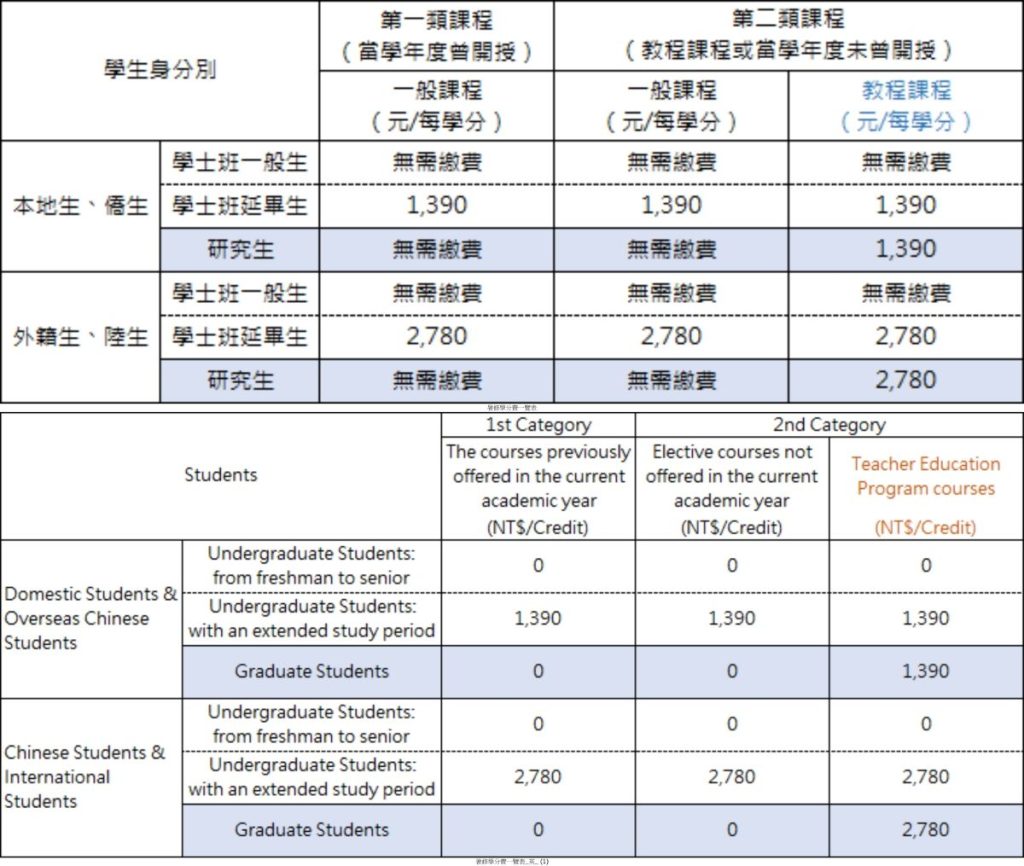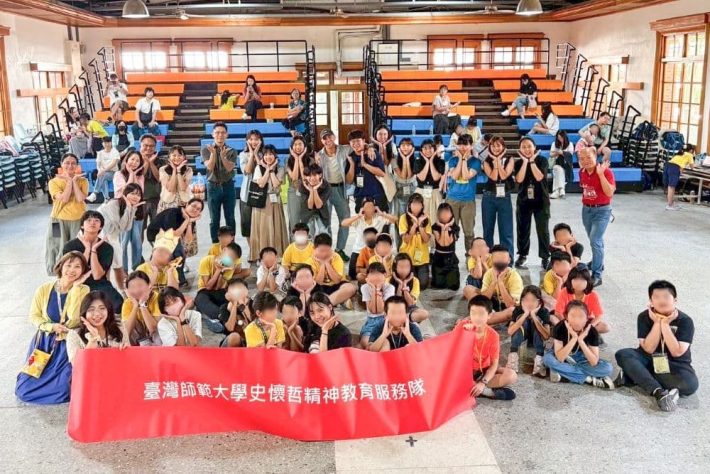暑修免學分費 課程倍增至近120門 臺師大打造多元彈性學習環境 5月22日至26日把握初選
為鼓勵學生善用暑期時間彈性修課,國立臺灣師範大學113學年度擬續行試辦暑期課程彈性修讀措施,擴大免收學分費範圍,並調整課程最低開課人數,開設近120門課程數也較去年倍增,提供學生更多元且具彈性的學習選擇,5月22日至26日開放學生初選課程。
劉美慧教務長表示:「學校希望透過暑期課程政策的優化,讓學生能在暑假期間靈活規劃學習進度,補強專業能力或跨域學習,無論是提前修課還是補修所需學分,都能更加便利。」她指出,近年暑期課程需求持續上升,學校也將持續檢視制度與課程內容,提供更貼近學生需求的教學服務。
擴大免收學分費範圍,減輕學費負擔
為減輕學生暑期經濟壓力,今年延續以往措施,除了研究生修讀師資培育課程與學士班延畢生,仍須依規定繳交學分費外,本校日間學制學生修讀各類暑期課程,皆免收學分費。
調整課程開課門檻,鼓勵開設多元課程
為提升課程開設彈性並滿足學生需求,本次暑期課程仍全面調整最低開課人數:一般課程(不分學、碩、博)調降至7人;共同科、通識課程及師資培育課程調整為10人,期望讓更多原本因人數不足無法開課的課程順利開設。
暑期三階段課程,涵蓋多元領域近120門
本年度暑期課程分為第一期(114年6月23日至7月20日)、第二期(114年7月21日至8月17日)及全期(114年6月23日至8月17日)。目前已規劃近120門課程(點選查詢課程系統),涵蓋工程、科學、社會、人文等領域,其中有40門為EMI(全英語授課)課程,歡迎學生踴躍選修。


- 初選:5月22日至5月26日
- 第一次加退選:5月29日至6月2日
- 第二次加退選:6月27日至7月1日
學生可至課程查詢系統查看詳細課程資訊,更多相關規定與說明,請參閱「暑修專區」:https://www.aa.ntnu.edu.tw/zh_tw/selectives/Dayschool/Summer_training。(資料來源:教務處 / 編輯:胡世澤 / 核稿:鄧麗君)
Important Announcement
for 2025 Summer Session Course Selection
Summer Session Course Selection regulations have been relaxed this summer[1]:
1. Students are no longer required to pay credit fees during summer sessions[2].
2. Minimum number of students required for courses have been lowered:
– Regular Courses: 7 students minimum
– Common core, general education, and Teacher Education Program (TEP) courses: 10 students minimum
Close to 120 Courses available this summer, including 40 EMI courses.
Students are encouraged to take up this opportunity and register!
Summer Session Period
- Session 1 (4 weeks): June 23 – July 20, 2025
- Session 2 (4 weeks): July 21 – August 17, 2025
- Session 1 & 2 (8 weeks): June 23 – August 17, 2025
Important Dates for Summer Session Course Selection
Preliminary course selection period: May 22 – May 26, 2025[3]
Course Add/Drop Period:
May 29 – June 2, 2025 (For Session 1, Session 2 and Session 1 & 2 courses)
June 27 – July 1, 2025 (For Session 2 courses only)
For more information, please visit: https://www.aa.ntnu.edu.tw/en/selectives/Dayschool/Summer_training
Curriculum Office, Office of Academic Affairs
[1] The relaxation of regulation is on a trial basis.
[2] Excluding graduate students taking TEP courses and undergraduate students who have postponed their graduation.
[3] Course placement shall be based on student’s stated order of preference.
[資料來源:師大新聞]



